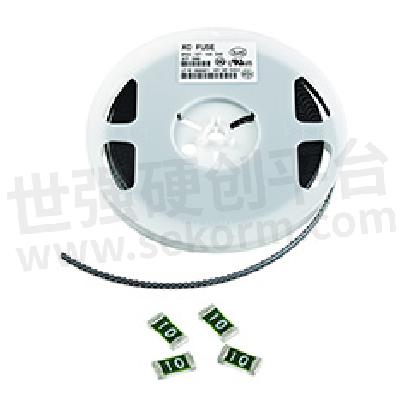Description of Metal Materials for Self Recovering Fuses


Everyone knows about fuses, but the self recovering fuse (PPTC) in fuses may not be well understood.
In fact, PPTC self-healing fuses, like the fuses we all know, play a role in limiting current and achieving circuit protection. Simply put, once the current in the circuit eXCeeds the specified current, it will cut off the current.
In daily life, the application of fuses can be seen everywhere, such as in household appliances. But do you know what material it is made of?
Self recovery fuse is an innovative type of fuse with more technical content and wider application range than ordinary fuses. It has the characteristic of being recoverable, so it must use easily melted metal materials to cut off the current in case of overcurrent and achieve protective effect. And this easily melted metal material is usually lead antimony alloy wire.
Mainly using aluminum alloys with Mg as the main element (Mg based aluminum alloys have good corrosion resistance, strong thermal conductivity, and outstanding strength), and adding some metal materials (such as magnesium) to enhance its hardness.
The self-healing fuse made of this material has low density, strong compression resistance, and good heat dissipation function, and can meet the standards of 3C products in terms of quality and appearance.
There are various specifications and models of self-healing fuses, each with its own strengths. You can choose the corresponding fuse according to your different circuit protection needs, but do not use it indiscriminately to avoid damage to the circuit.
- +1 Like
- Add to Favorites
Recommend
This document is provided by Sekorm Platform for VIP exclusive service. The copyright is owned by Sekorm. Without authorization, any medias, websites or individual are not allowed to reprint. When authorizing the reprint, the link of www.sekorm.com must be indicated.














































































































































































































































































































































































































































































































































































































































































































































































































































































































